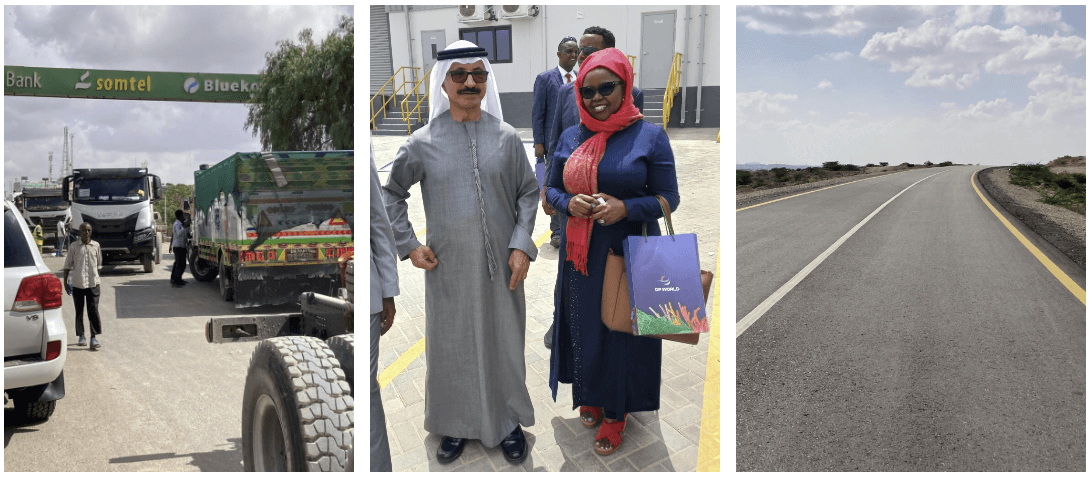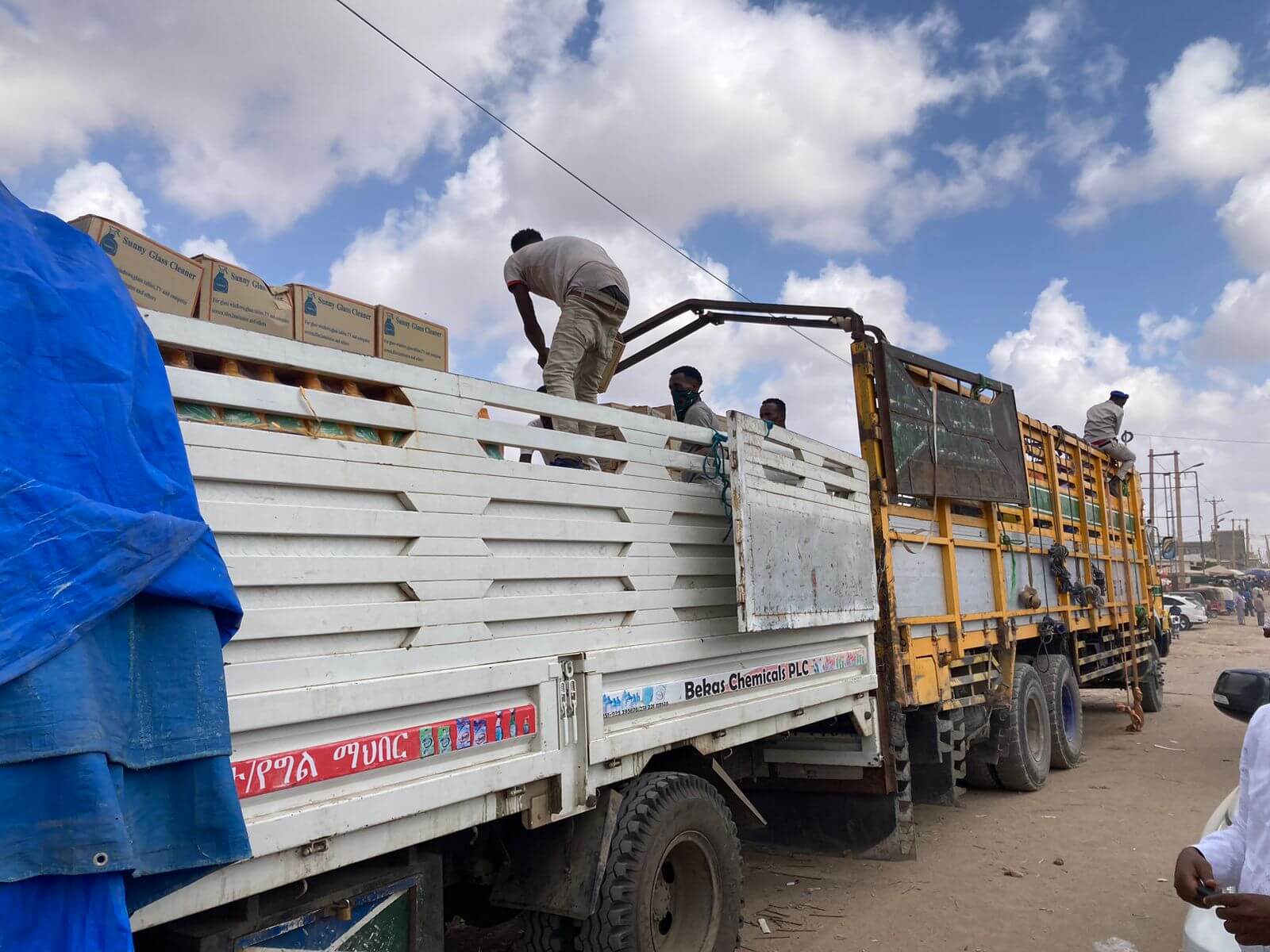Amid concerns over Ethiopia’s geopolitical situation and its quest for sea access, significant progress in the development of the Berbera-Addis Transit Corridor presents a promising avenue towards fostering regional stability and economic growth. Central to these efforts is the collaboration spearheaded by Trade Catalyst Africa (TCA) and TradeMark Africa (TMA) focusing on transforming the Tog Wajaale border, a key choke point on the corridor, into an operational One-Stop Border Post (OSBP). This transformation will improve border facilities and streamline trade procedures, which will potentially boost trade volumes on the Corridor by up to 30%, says Trade Catalyst Africa CEO, Duncan Onyango.
Ethiopia, the world’s most populous landlocked country, heavily relies on Djibouti for over 90% of its international trade. Recent comments by Prime Minister Abiy Ahmed about Ethiopia’s need for sea access, combined with historical disputes over the Eritrean Red Sea port of Assab, have raised concerns about potential conflict. However, Ethiopia’s commitment to peaceful development, as reiterated by Mr. Abiy, is reflected in the concerted efforts to establish multiple trade routes through development, and a case in point here is the Berbera Corridor. The Berbera Port, significantly upgraded by international partners like Dubai Port World, is a viable additional route for Ethiopia’s trade. This development is crucial in diversifying Ethiopia trade routes in a stable and sustainable manner, with projections indicating the potential to manage up to 30% of the country’s trade volumes.

Resolving issues at Tog Wajaale, a crucial border in this Corridor is integral to leveraging this development fully. Angus Miller, Regional Advisor for the Horn of Africa at TradeMark Africa, underscores the importance of ongoing work to revitalise Tog Wajaale’s inadequate border facilities. He notes, “Planned improvements aim not only to enhance regional trade but also to engage communities in meaningful economic activities, promoting prosperity for all, including men, women, and young people,” highlighting the broader socio-economic benefits of these developments.
Duncan Onyango, on the other hand, emphasises the collaborative nature of these initiatives, which involve local community engagement and alignment with the steering committee overseeing the Tog Wajaale OSBP project. This inclusive approach ensures that the development aligns with the needs and aspirations of the communities in Ethiopia and Somaliland, fostering not just economic growth but also peace and stability.
The concerted efforts by development partners and Government in developing the Tog Wajaale border as a key connection on the Berbera Corridor are not merely economic initiatives; they represent a commitment to peaceful development, regional stability, and the creation of sustainable trade routes, countering the narratives of conflict and showcasing a collaborative approach to addressing Ethiopia’s geopolitical and economic challenges.















